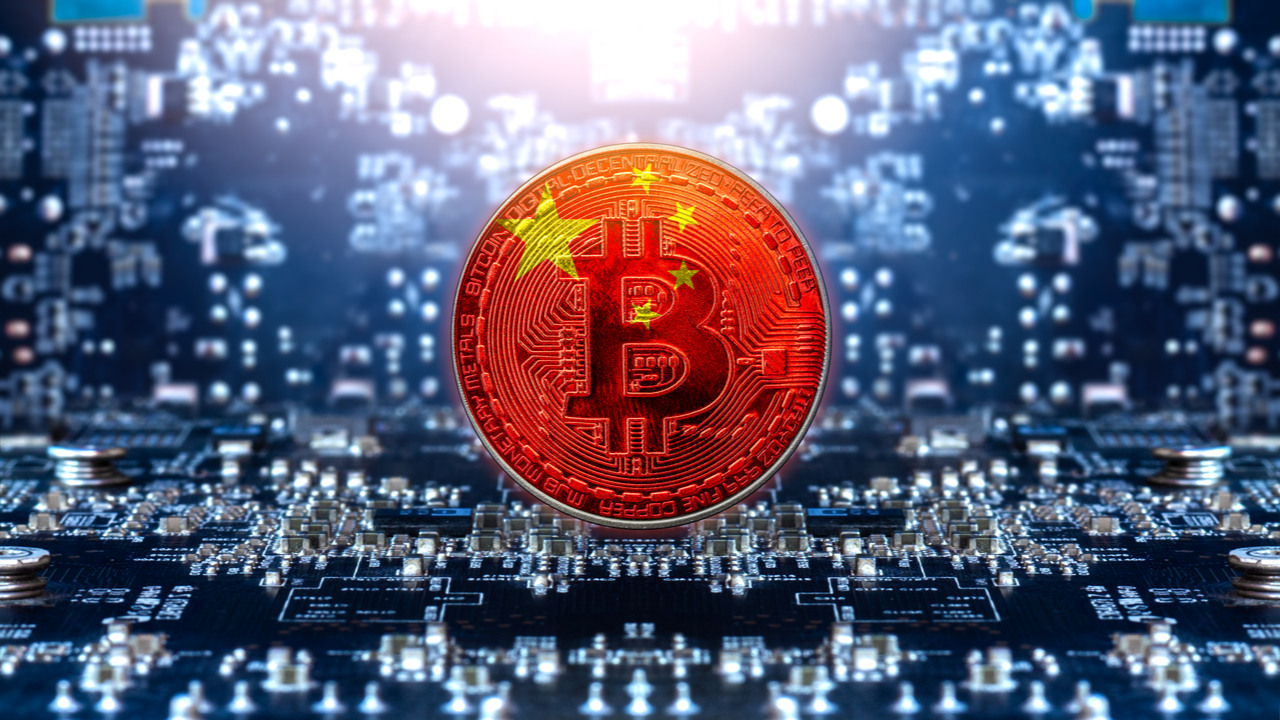I don't know if I will ever be able to forgive you.
Apologies, I wasn't endorsing the whole podcast. I generally listen to McW for his guest contributions (hit and miss) rather than his own insights which, while sometimes interesting and engaging, have been regurgitated endlessly now.
McW has been avoiding the whole bitcoin debate for sometime and any references to it he astutely sits on the fence. However, with the Lordships of the CB's talking more frequently about it he is being slowly dragged into the debate, albeit making no definitive assertion about it.
However, the question "what is money?" arose. My own definition preference is economic historian Niall Ferguson, money is "trust inscribed".
My own definition is that money is a form of communication that transmits and transfers value between humans. The transfer of that value occurring by way of currency.
Whatever it is, it is clear to me beyond the McW show and further afield, the definition of what money actually is quite uncertain. Being limited in general terms to banknotes and coins, bank balances, value of property and shares etc. All of which is money, but it only defines money limited in terms of central bank issued currency. All other forms of money, or the prospect of using any other form of money, are to be discounted. That is a credit to the inherent trust within the fiat system, a problem arises when that trust starts to ebb.
As Ferguson attests, such a form of communication needs to have trust inscribed for it to have, and sustain, value.
According to him, it doesn't matter if it is in clay tablets (as used in ancient Mesopotamia), seashells, silver, gold, or banknotes as long as the bearer and recipient of the currency are agreeable that is represents the value inscribed in it.
I really can't understand how the market for 30 year fixed € interest rates is around 0.5%. How does that make sense to anybody? - seems the CB are calling the tune like never before
Exactly the point, if it starts to make little sense, then perhaps all is not well?
